Discover Intelligent Insights
Intelligent Insights

Intelligent Insights
Author: Praveen Ravi
Subscribed: 2Played: 13Subscribe
Share
© Praveen Ravi
Description
Welcome to Intelligent Insights, the podcast where we explore the latest advancements in artificial intelligence, machine learning, and data science. Join us as we dive deep into the world of Retrieval-Augmented Generation (RAG), language models, and cutting-edge AI applications transforming industries from education to technology. Whether you're an AI enthusiast, tech professional, or just curious about the future of intelligent systems, Intelligent Insights brings you clear explanations, expert interviews, and practical insights to help you stay informed and inspired.
16 Episodes
Reverse
Artificial Intelligence is transforming the workplace—but what does that mean for careers? In this episode of Intelligent Insights, we explore how AI is reshaping the traditional career ladder.We’ll cover:Why entry-level opportunities are rapidly shrinking since 2023.Whether AI is pushing companies toward a “flatter” structure.The risk of job displacement versus the rise of new roles.Lessons from past technology shifts.How professionals can adapt and thrive by embracing new tools and training.If you’re a student, early-career professional, or a leader wondering how AI will impact your team’s growth, this conversation will help you see what the future of work could really look like.
Artificial Intelligence is no longer just about bigger models and clever prompts. The real shift is happening in context engineering—the art and science of shaping how AI systems understand, interpret, and apply knowledge. In this episode, we dive into why context engineering is emerging as the backbone of next-gen AI, how it differs from prompt engineering, and what it means for developers, businesses, and the future of intelligent systems.If you want to understand where AI is headed next—and how to stay ahead of the curve—this episode is for you.
In this episode, we explore the new rules of engineering leadership in a world shaped by AI and distributed teams. From fostering aligned autonomy to navigating the messy but exciting adoption of AI tools, we break down what it really means to lead high-performing tech teams today.You'll hear insights on:Why diverse backgrounds are an engineering assetHow to create autonomy without chaosWhat AI means for productivity, onboarding, and workflowWhy metrics should start conversations, not end themHow to design user experiences that guide good AI outcomesWhether you're a tech leader, engineer, or product builder, this episode will help you rethink how teams can thrive in a world where both code and context are constantly evolving.
In this episode of Intelligent Insights, we explore the Model Context Protocol (MCP) - a groundbreaking standard that's redefining how AI models interact with tools, APIs, and external systems. Inspired by the Language Server Protocol (LSP), MCP has rapidly gained traction among major AI platforms like OpenAI, Anthropic, and Cloudflare. But with great power comes great responsibility: the protocol also introduces new vectors for security risks and governance challenges.We dive deep into the architecture of MCP, its server lifecycle, real-world use cases, and the emerging community ecosystem supporting it. You’ll also hear about the most pressing security threats across creation, operation, and update phases - from name spoofing and sandbox escapes to configuration drift.Whether you're a developer, researcher, or AI enthusiast, this episode offers valuable insights into the future of agentic workflows and the infrastructure behind intelligent autonomy.
AI agents have exploded in popularity—but most of them are stuck inside walled gardens. In this episode, we dive into the Agent-to-Agent (A2A) Protocol, the new open standard that lets agents discover each other, share tasks, and stream results in real time.What you’ll hear:Why LLMs alone aren’t enough—and how an “agent layer” adds memory, tools, and goalsThe magic of the Agent Card (/.well-known/agent.json) for instant discoveryHow A2A tasks, messages, and artifacts keep multi-agent workflows organizedStreaming vs. non-streaming modes—and when to choose eachWhere A2A fits alongside the Model Context Protocol and modern Agent Dev KitsWhether you’re an AI engineer, product leader, or just curious about the next wave of interoperable agents, this conversation will leave you ready to break your bots out of their silos.Listen now and join the push for truly collaborative AI.
In this episode we unpack the new class of agentic AI—systems that don’t just predict or recommend, but independently plan, decide, and deliver outcomes. We trace the technology’s evolution from single-task bots to multimodal, goal-seeking agents capable of orchestrating complex workflows with minimal human oversight. You’ll hear real-world case studies showing how leading companies are using agentic frameworks to slash cycle times, personalize customer experiences at scale, and even adopt “service-as-a-software” business models where they pay AI for results, not licenses. Whether you run a startup or a global enterprise, this conversation equips you with the strategic questions—and the roadmap—you need to turn autonomous AI into your next competitive edge.
In the rapidly evolving landscape of AI agent communication, two protocols have emerged at the forefront: Anthropic's Model Context Protocol (MCP) and Google's Agent-to-Agent (A2A). While MCP focuses on standardizing how applications provide context to large language models, A2A aims to facilitate seamless communication between diverse AI agents. In this podcast, we explore the nuances, strengths, and potential overlaps of these protocols. Are they complementary tools in the AI toolkit, or is a protocol showdown imminent? Join us as we dissect the insights from Aurimas Griciūnas's blog post and discuss the future of agentic systems.Source: https://www.newsletter.swirlai.com/p/mcp-vs-a2a-friends-or-foes
In this episode of Intelligent Insights, we dive into the transformative world of GenAI agents—how they're built, evaluated, and deployed at scale. Inspired by Google’s Agents Companion, we unpack concepts like AgentOps, agent evaluation, multi-agent design patterns, Agentic RAG, and how enterprises are turning assistants into autonomous co-workers. Whether you're a developer, product lead, or AI strategist, this episode is your field guide to making intelligent systems reliable and production-ready.
Join us as we explore the key themes and challenges of building Large Language Model (LLM) applications for production, inspired by Chip Huyen's insights from the LLMs in Prod Conference. From addressing consistency issues and hallucinations to overcoming privacy concerns and context length limitations, this episode delves into the practical hurdles organizations face when deploying LLMs. Learn about the trade-offs in model size, the importance of data management, and the future of LLMs on edge devices. Whether you're a developer, a business leader, or an AI enthusiast, this episode provides a comprehensive look at what it takes to make LLMs work in real-world applications.
Dive into the debate between vector databases and knowledge graphs in powering RAG systems. Discover their unique strengths, key differences, and the scenarios where each excels. We also explore the emerging hybrid approach that combines the best of both worlds for enhanced AI-powered retrieval.
Explore how vector databases are revolutionizing Retrieval-Augmented Generation (RAG) systems by enabling semantic search, scalability, and real-time data retrieval. We delve into their architecture, applications, and the challenges they address, making them an indispensable tool for modern AI workflows.
Dive into the fascinating intersection of natural language and databases with SQLversations, a podcast exploring the cutting-edge role of Large Language Models (LLMs) in enhancing text-to-SQL generation. Each episode unpacks key techniques like prompt engineering, fine-tuning, and task-specific training, and delves into the challenges of ambiguity and SQL complexity. Discover the evolution from traditional LSTM and Transformer-based models to the transformative power of LLMs. Whether you're a data enthusiast, developer, or AI researcher, this podcast offers insightful discussions on datasets, evaluation metrics, and the future of database querying.
This podcast explores AgentOps, an emerging field focused on building reliable and observable AI agent systems. AgentOps draws inspiration from DevOps and MLOps, providing an end-to-end platform for developing, testing, deploying, and monitoring AI agents throughout their lifecycle.
In this episode of Intelligent Insights, we explore the transformative power of AI through the visionary perspectives of Vinod Khosla and Marc Andreessen. We delve into AI’s exponential growth, its revolutionary impacts across sectors, and the importance of improbable ideas in fostering groundbreaking innovations. With discussions on societal and economic implications—like job displacement and policy needs—this episode examines the adaptability, first-principles thinking, and persistence required to navigate the fast-evolving landscape of AI and unlock its full potential.
In this episode of Intelligent Insights, we explore the legal complexities of using open-source large language models (LLMs) for commercial purposes. We’ll discuss the benefits of open-source LLMs—transparency, cost savings, and customization—alongside the challenges businesses face, including data usage compliance and licensing constraints. Join us as we dive into various license types like permissive and copyleft, the potential risks of LLMs such as bias and hallucination, and best practices for secure, compliant LLM deployment in commercial settings.
In this episode, we delve into the cutting-edge world of Retrieval-Augmented Large Language Models (RA-LLMs) and their transformative impact on knowledge retrieval and education. Drawing insights from recent advancements discussed at the 2024 KDD conference, we’ll explore the architecture and learning techniques behind RA-LLMs, from dense to sparse retrieval methods, and how they enrich the generation process with relevant information. We’ll also examine practical applications in education, including how RA-LLMs provide educators with curated content for lesson planning and standardized information access. Tune in to understand how these advanced models are reshaping both AI technology and the future of learning.


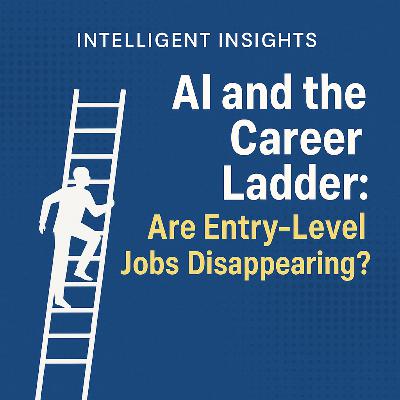

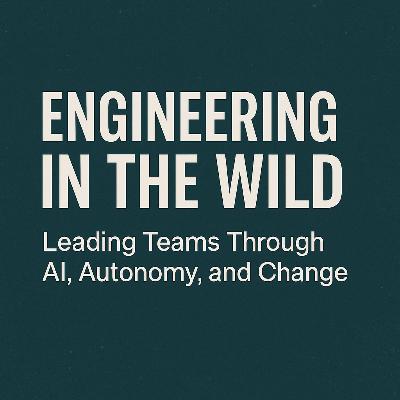


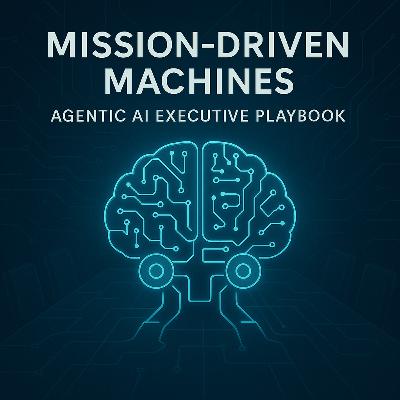
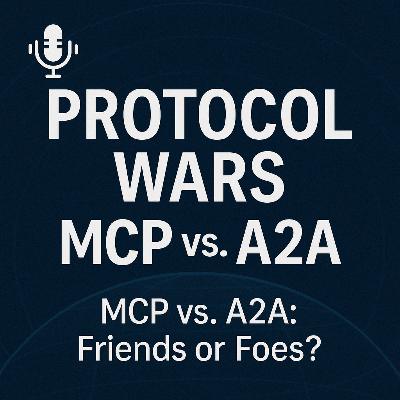
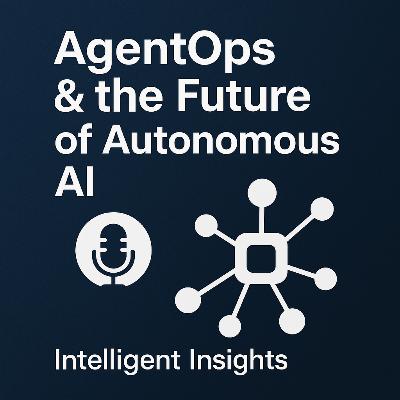


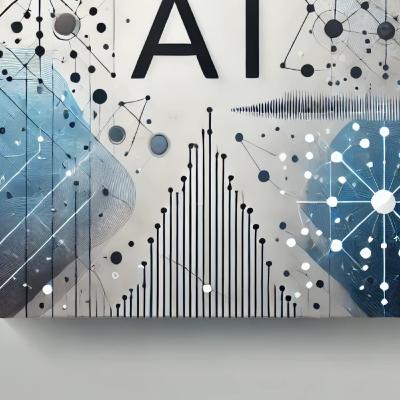








sweet LLM Notebook pod👎